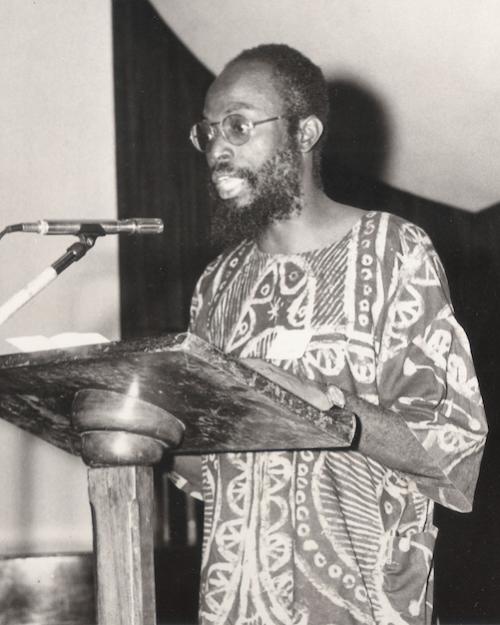The first U.N.-backed contingent of foreign police arrived in Haiti on Tuesday, nearly two years after the troubled Caribbean country urgently requested assistance to curb a rise in gang violence.
Sabrina Karim is an assistant professor of government at Cornell University and studies police and peacekeeping in post-conflict states. She notes that the U.N.-backed mission, led by Kenya, must have full understanding of the local context before engaging in any political or police action.
Karim says: “A lack of local understanding and conflict mapping could jeopardize the mission. There are hundreds of gangs that control different territory and neighborhoods. One wrong step could make the situation worse.
“Given then history of U.N. peace operations in Haiti, including contingents spreading cholera and committing high levels of sexual abuse, the contingent must earn the trust of the Haitian public. They will not be successful unless the Haitian public backs the mission.
“Kenya’s track record of policing is spotty at home, which means that they must be restrained in how they use force to earn public and international support. Finally, the mission must take gender seriously. High levels of sexual violence and violence against at-risk populations requires setting up safe areas for survivors who can then seek services. It also requires that those deployed have training on trauma response.”
For interviews contact Adam Allington: cell 231-620-7180, adam.allington@Cornell.edu.




